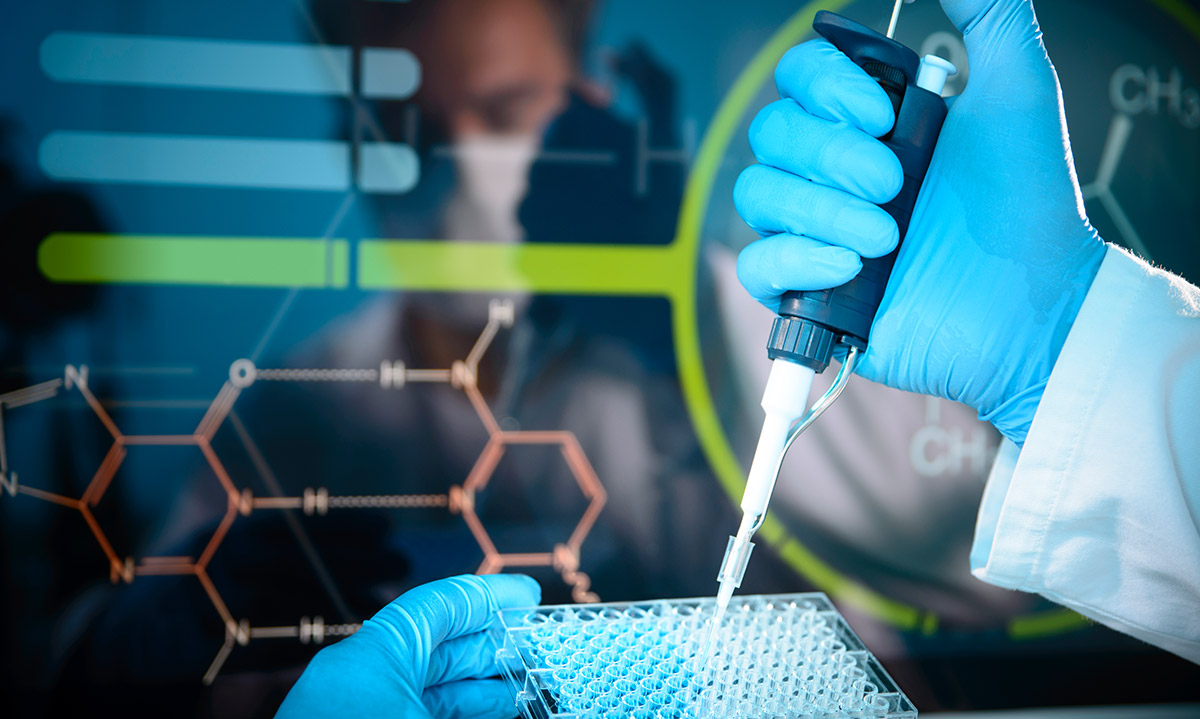Chemists, biomedical researchers and plant biologists are among the research groups that will get the opportunity to establish or develop new research infrastructure to support their research. In nine projects, these researchers will establish advanced laboratory facilities with state-of-the-art equipment, some of which can be used across traditional scientific boundaries. The Novo Nordisk Foundation is supporting these projects through grants totalling DKK 124.9 million.
All nine projects will be open access and thus available to other researchers, including for development and research in industry.
One project will provide a technological platform that can be used to study the dynamics and functionality of a single molecule in its natural environment by using advanced light microscopy. These studies provide unique insight into complex cellular processes, from interactions between the individual molecules to the machinery of the entire cell.
Another project will establish a screening facility that will meet an urgent need of Denmark’s biomedical community. The new facility will enable hundreds or even thousands of individual genes to be studied simultaneously using CRISPR technology, also known as genetic scissors.
A third project will aim to improve knowledge of resource utility of field grown crops by studying the root zone of plants. A plant trench will be constructed in a field to enable the researchers to observe and collect samples of the root zone in all soil layers up to 3 metres deep for up to six experimental crops.
“We expect that these nine projects will help to create state-of-the-art technology hubs, providing added value and new knowledge that will both advance our insights on basic research questions and help to develop innovative solutions that can also be used in industry. The projects will develop unique infrastructure at the local and national levels that can really boost research,” says Niels-Henrik von Holstein-Rathlou, Senior Vice President, Biomedicine & Health Sciences, Novo Nordisk Foundation.
The Foundation’s grants for research infrastructure in 2020
INTEGRA – Molecular Profiling Technologies for Integrative Systems Biology and Systems Medicine, Professor Ole Nørregaard Jensen, Department of Biochemistry and Molecular Biology, University of Southern Denmark: DKK 24,969,169
High Content CRISPR Screening (HCCS) Facility, Professor Krister Wennerberg, Biotech Research & Innovation Centre (BRIC), University of Copenhagen: DKK 15,577,896
Deep Imaging of Biological Events across Scales with Selective Plane Illumination Microscopy (BioDEEP), Associate Professor Clara Prats, Department of Biomedical Sciences, University of Copenhagen: DKK 14,972,583
RootAccess – A Novel Field Facility Maximizing Root Zone Access for Research on Root and Climate Interactions, Professor Kristian Thorup-Kristensen, Department of Plant and Environmental Sciences, University of Copenhagen: DKK 12,499,726
Infrastructure for Cryo-electron Tomography (ICE-T), Professor Poul Nissen, Department of Molecular Biology and Genetics and iNANO, Aarhus University: DKK 13,270,779
Center for Optical Bio-Manipulation (COBM), Associate Professor Poul Martin Bendix, Niels Bohr Institute, University of Copenhagen: DKK 13,000,000
ASiMoF: Aarhus Single Molecule Fluorescence, Associate Professor Victoria Birkedal, Department of Chemistry and iNANO, Aarhus University: DKK 12,711,436
Copenhagen DNA Analysis Center (CoDoN), Professor Søren Sørensen, Department of Biology, University of Copenhagen: DKK 9,588,303
Conservation and Accessibility of the Nordic Collection of Plant Genetic Resources, Senior Researcher Michael Lyngkjær, NordGen – Nordiskt Genresurscenter, Aarhus University: DKK 8,291,253
Further information
Sabina Askholm Larsen, Communications Partner, +45 2367 3226, [email protected]








